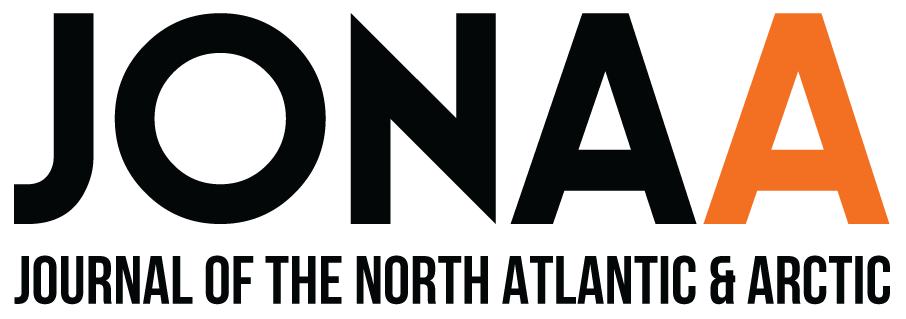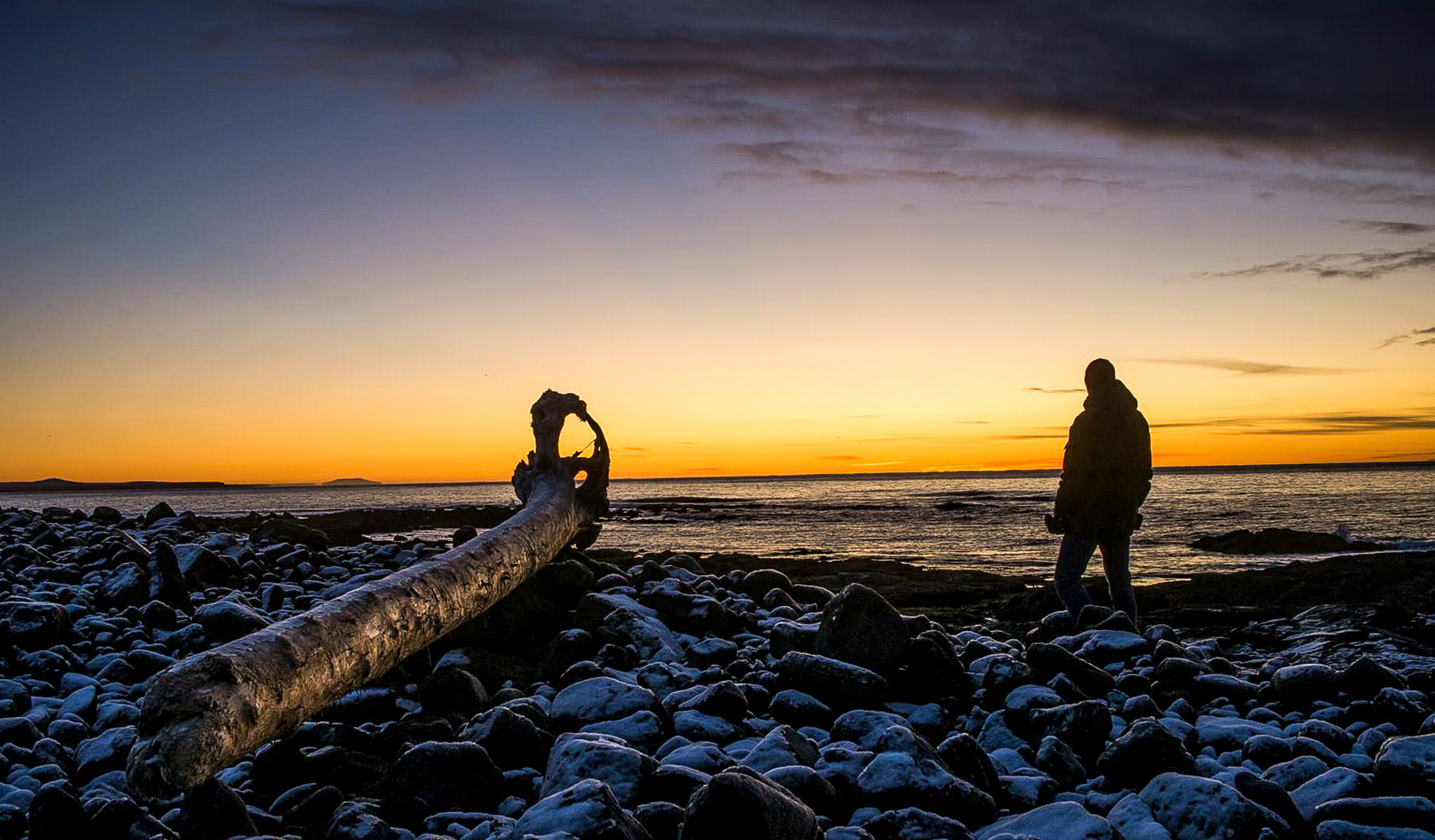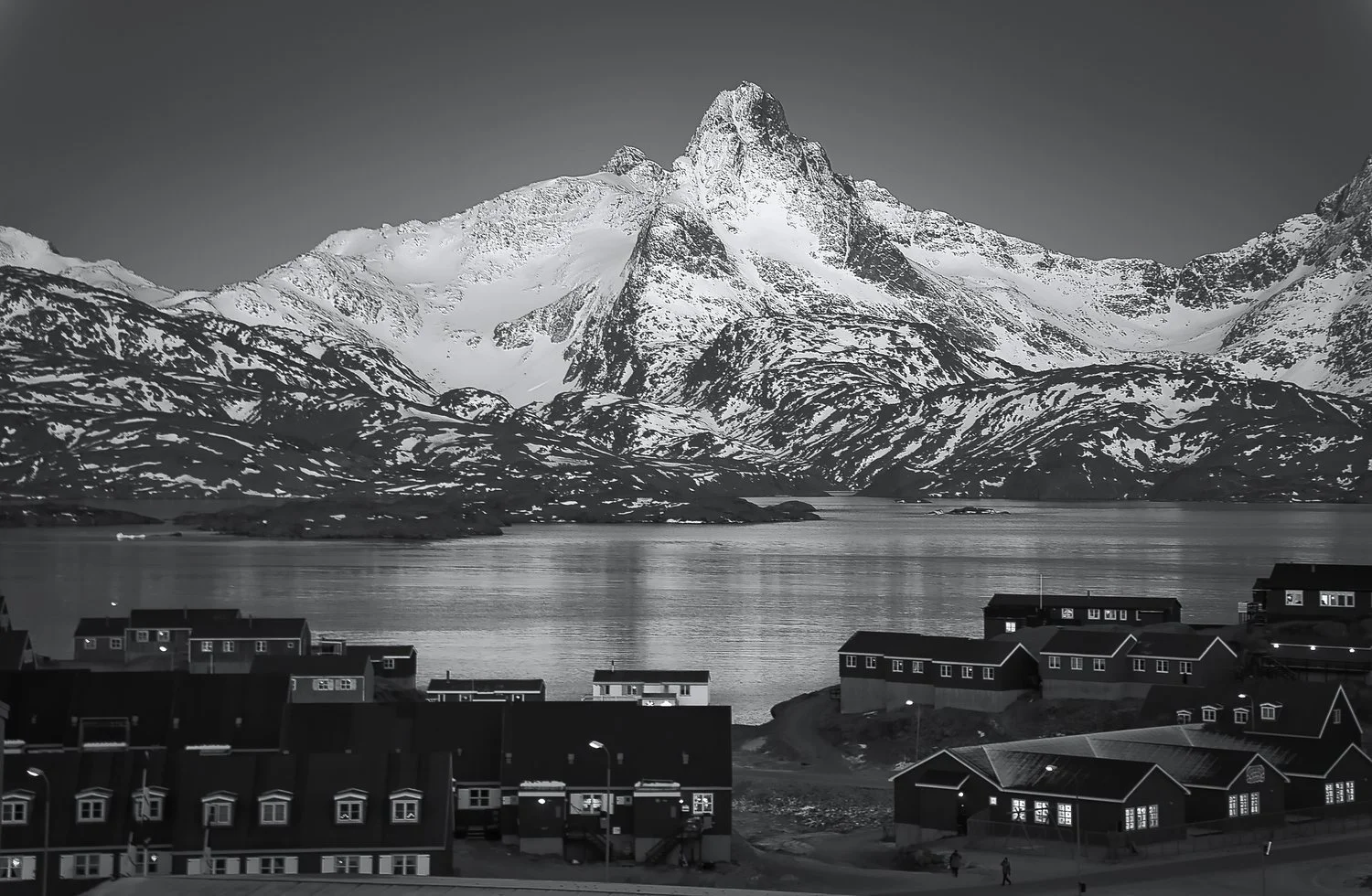Make Space For Mental Space
We live in unexplored territory. For over half a year we’ve woken up every day to uncertainty, right down to what to do this day. Will the government restrict our movements, our ability to do paid work, where we can work? Or will it lift such restrictions, leaving us to work out what now can we do that we couldn’t do yesterday?
This opening comment is not in any way to criticise any government for the way it has handled the pandemic. It’s just to reflect the automatic confusion that this scale of uncertainty springs on us. It especially brings to the forefront of our minds, what is good use of time, when we don’t know what we can and can’t do, or when we have much more time on our hands but able to do a lot fewer of our usual activities?
How should we live through this pandemic?
Even before this hit us, we as a species have never had so much to notice or absorb in the sixteen or seventeen hours of wakefulness we have each day. I’m now sixty-one, so I remember when there were two television channels here in Scotland, and neither of them was on all day long. No internet, no emails, and phone calls were so expensive you had to ask your parents’ permission to use the one phone in the house. So boredom was far more likely for children and adults alike than overload.
I’m not one of the critics who bemoan social media or the increasing use of technology. I’ve seen the best side of it when my family and our cousins in Australia kept each other in touch with developments as our respective mothers – who were sisters – slowly got increasingly ill and died. Mutual love and support, sympathy and grief flowed through the family Facebook group we created specifically for that purpose. It was an amazing experience, one we’ve kept up and added to, bringing in wider family, many of whom we had never previously been in contact with, some of whom have still never met face to face. Can you imagine covid without social media and Zoom to continue to connect us when face-to-face is not permitted? So let’s be grateful for technology that keeps us in touch.
What concerns me though is use of our time. Time is all we have, and it’s a bit ungraspable. I instinctively think of time like a succession of beads on a string. In other words something tangible followed by another identical thing then another and so on.
But time isn’t like that at all. It just is. It’s an experience of the mind. By the time you even stop to think about what a moment is, it’s gone, seemingly replaced by another moment, then another. You can’t pin it down. But if you contemplate it looking backwards in time, you see something utterly different. Those moments are always lost to us. Used, misused, or unused, they’re gone, and can’t be retrieved. How many of us occasionally find ourselves thinking of a past event and wishing we could go back in time and change it?
In reality each of us is unique. Equally however, the vast majority of us do similar sorts of things and have similar priorities in everyday life. Most people have to work to earn a living, we spend a lot of time watching TV, usually news, dramas, soap operas, and comedies according to the viewing figures. We spend hours on the internet, with social media now a significant part of our day. Apart from sleeping, eating, and washing ourselves these few groups of activities – work, television viewing, internet engagement – take up the bulk of our weekdays, and our weekends now too when our movements are restricted.
This jars with surveys of what matters most to us. What matters most is not work (except for the necessity of having to earn a living), television, the news, or social media. It’s our physical health, our sense of wellbeing and purpose, and the health and happiness of our immediate family and closest friends. Those are the things people say matter most to them, now more than ever.
JONAA©Hans Vera
In a nutshell we want to attain one lot of things, but in our actual lives we instead do a different lot of things that don’t seem very related to our deepest aspirations.
To my mind the problem is not the internet, not social media, not the television. It’s the mind that has incrementally over decades been programmed by life, by society, by osmosis, to seek out these things rather than the things our deepest and most rational mind knows we need and want. Eventually they become unthinking daily habits. During covid I’m sure this disconnect has grown - between what is uplifting and healthy activity on the one hand, and what we find ourselves routinely doing on the other.
Good mental exercise says, first just notice. This purpose of this article is to remind you to do this, then to act on what you notice.
When you notice that your mind is fixed on something irrelevant or even potentially harmful, see if you can just stop for a few moments.
Stop and notice more clearly what you’re doing and allow your mind to remember what you really want to do. Compare the two. If that means you then stop reading this article and switch off the computer you‘re reading it on, get changed into a tracksuit and go for a run, that’s absolutely the right thing to do.
You can go back to this article later, but your health is more important… except for the irony that this article is specifically written to help you with an even more important thing in your life - your mental health, or to put it in the vitally important words - your sense of joy of life. So maybe finish reading this first, soak in the importance of what it contains, then go and improve your fitness.
A day ends; and although it may seem like a pain in the neck to eat five or ten veg and fruit a day, do your high intensity cardio work or more traditional run, swim or cycle, if you don’t do it today then you’ve lost today’s chance to be as well as you can. Yes, I don’t like the idea of doing them either, but how funny is it that when we start to actually do them they feel good and we feel so much better for it?
Simply stop for moments every so often through the day, and notice the grass, the sounds of birds, the fact that you have clean water from a tap, or any of a thousand things you can notice in a typical day. Maybe even forfeit one television programme to give you more space in each day. You will blossom as a human being. A day will gradually become a thing of inherent value and of utter beauty, and that will contribute immensely to your wellbeing. That television programme you gave up? The day will come when you can’t even remember what it was called, and you definitely won’t regret that you stopped watching it.
Keep well now more than ever, mentally and physically. It seems that the solution is around the corner. When we get round that corner we want to be in a condition that enables us to throw our arms around each other, not in despair or fatigue, but with the joy of being alive still burning inside us, and with a spring in our step, and a smile on our face. That is, we want to beat covid and its effects on our mind right now, not when the vaccinations arrive. Life is for now, it is still as precious and beautiful now as ever, so focus and make yourselves happy, healthy, kind, and loving now not at some future date yet to be decided. ▢
Martin Stepek is a member of the JONAA team in Scotland, a founding member of JONAA and sits on JONAA’s board. A Scot with Polish heritage, a Mindfulness teacher, poet, published author, columnist on Mindfulness (Ten for Zen and the Sunday Herald) and the Chief Executive of the Scottish Family Business Association.




















